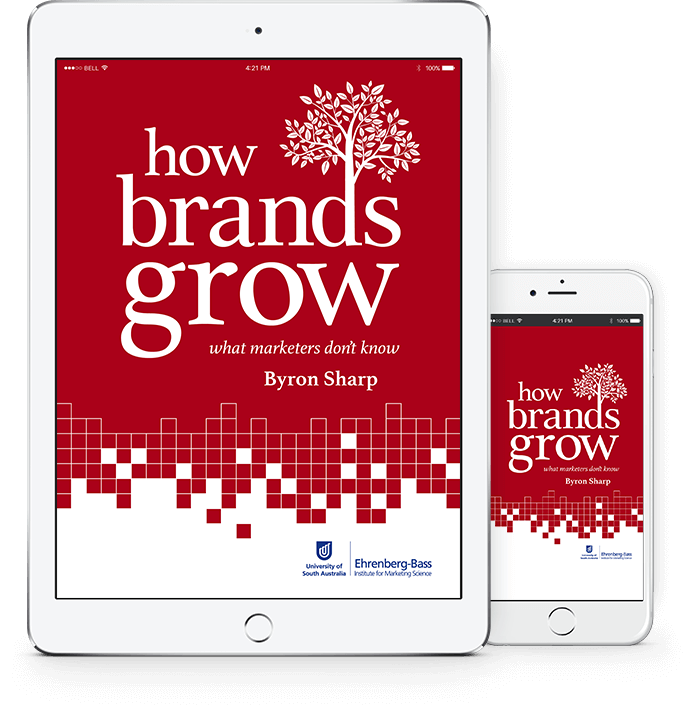22nd of March 2018

Why Net Promoter Score is Actually a Bad Tool and What to Use Instead
The Net Promoter Score is widely used by businesses around the world. As Shep Hyken reported in Forbes back in 2016, it is used to report on customer sentiment by asking consumers would they recommend a company to others. The appeal of Net Promoter Score, or NPS, is that it’s simple, and believed to yield good insight into actual loyalty and recommendation.
But there are some real flaws to Net Promoter. Specifically, it is misinterpreted by consumers and gives an unrealistic picture of actual recommendation. Here’s a simple example to illustrate.
Sally bought an insurance policy last week, and was asked to do a survey about the experience. In the survey, she was firstly asked if she was satisfied – she gave a score of 8 out of 10. She was then asked how likely she was to recommend Liberty Mutual insurance (for example) to friends and colleagues. This is the Net Promoter question. She said 9/10 – it had been a good experience, after all!
Sally’s high score, along with those of other clients, would indicate to Liberty Mutual management that they get a lot of positive recommendation. But things could not be further from the truth.
Sally said she was very likely to recommend – because the service was good, and because she was asked. But in that same week, Sally shopped at Kroger, she enquired about a personal loan from HSBC, she paid her Verizon account, she bought gas from BP, got a haircut, had an appointment with her physiotherapist, chatted to a travel agent, watched Netflix, and ate out at a local restaurant – among dozens of other activities. And if any of those businesses had asked her how likely she would recommend them, she would have given them a score between 7 and 10. The fact that Sally would have indicated a high propensity to recommend most or all these providers – if asked – shows how flawed Net Promoter is. Because then Sally would be spending all her free time endlessly recommending companies she uses to people she knows. No-one does that.
Net Promoter is flawed because it asks ‘would you recommend’ – usually after some lead-up questions about satisfaction or the customer journey. If consumers have had a good experience, they give scores of 7 or 8 about service or satisfaction. Then to be consistent, they give a high score for recommendation. But when people like Sally say they’d be 8 out of 10 likely to recommend, they don’t actually mean they WILL recommend – they’re indicating they were happy with the service experience. Their answers completely disregard whether the topic of insurance, supermarkets, gasoline or home entertainment come up in conversation.
So, the scores from Net Promoter are more like indications of satisfaction. They are misleading to management because they can give the impression there is a lot of positive word of mouth occurring about their brand when there’s not. And worse, they can give a false sense of security that brands don’t need to work hard on advertising because their clients will do it for them! This is a dangerous line of thinking.
In summary, if you want to know if your customers are satisfied, ask them about satisfaction. If you want to know about actual word of mouth recommendation, ask about that. But don’t ask ‘would you recommend’ – for all the reasons outlined above. Rather, ask ‘have your recommended that company to others in the past week or month’. That way you’ll understand how much actual positive word of mouth is occurring for your brand.
Read the original article on RW Connect.





